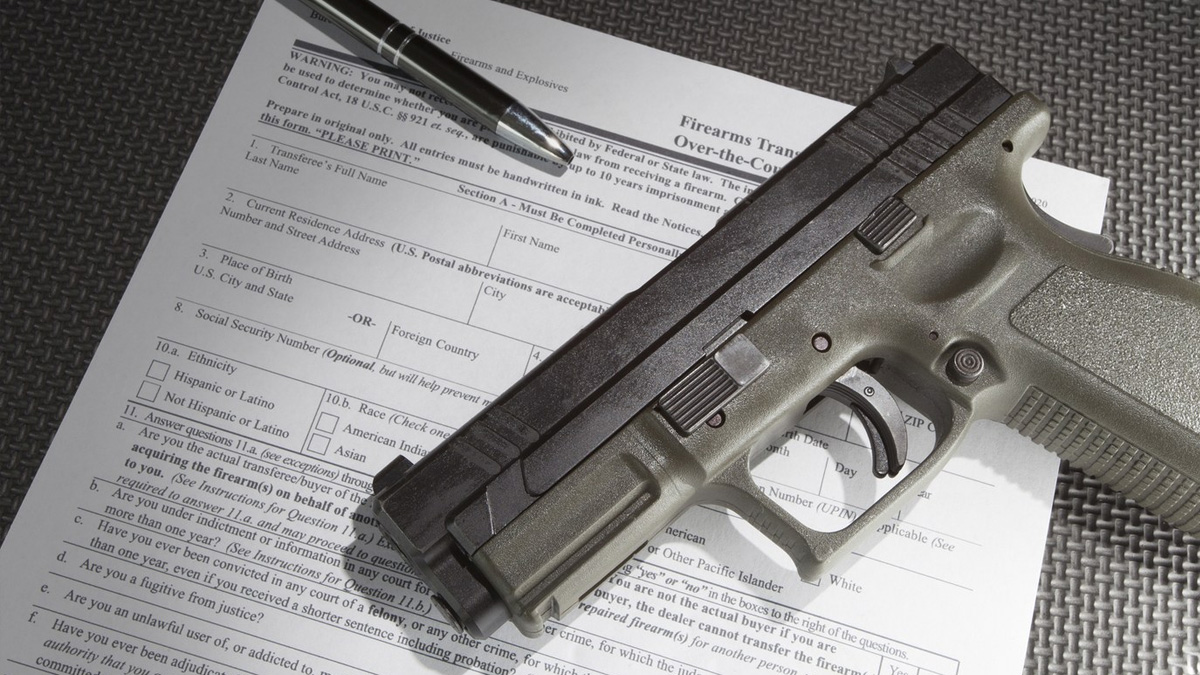The term “background check” has become a common phrase in today’s business vocabulary. There are numerous news stories about the need for background checks or efforts made by various organizations, such as churches, charities, or businesses to obtain “background checks.” More recently, “background checks” have become a popular topic in the online dating industry with some sites offering “background checks” before you meet that dream date.
However, there is one significant problem: there is simply no one definition as to what constitutes a background check. A “background check” can vary from a one county criminal check, all the way to an in-depth FBI type investigation that costs thousands of dollars.
Why is this important? Because employers and consumers can be mislead into making certain assumptions about a person because they have been the subject of a “background check.” The biggest assumption: that the person must be safe or qualified because they passed a “background check.”
Unfortunately, nothing may be further from the truth. Unless the business or individual relying on the background check knows exactly what was checked and when, and the limitations and value of the checking that was done, a “background check” is NOT necessarily the same as not being a criminal or having an authentic resume. The area where there is the greatest potential for a false sense of security is probably criminal records. Dating sites and private employers do not have access to the official government criminal history, the National Criminal Information Center, or NCIC. This is only available to entities that have been approved by the government, such as schools needing to check teachers. Even that system is subject to errors.
Some websites tout that they are doing a background check by use of a so-called “national” multi-jurisdictional database sold by private firms. The problem with this database search is that it can give a “false negative”, where a person is cleared as being a non-criminal even though they have a criminal record. They can also give a “false positive”, which means a person is incorrectly identified as a criminal, even though they are not.
Although those “national” searches can be very valuable as one part of a real background check because it is national in reach, it is not a substitute for a criminal search of county courts at the courthouse level.
These databases may have millions of records, but they are assembled from a hodgepodge of different sources and there are substantial issues as to their accuracy and completeness. The bottom line: Employers, consumers and online daters should not be lulled into a false sense of security just because some site has performed a “background check”, unless you know exactly what was checked, how it was checked and when.



